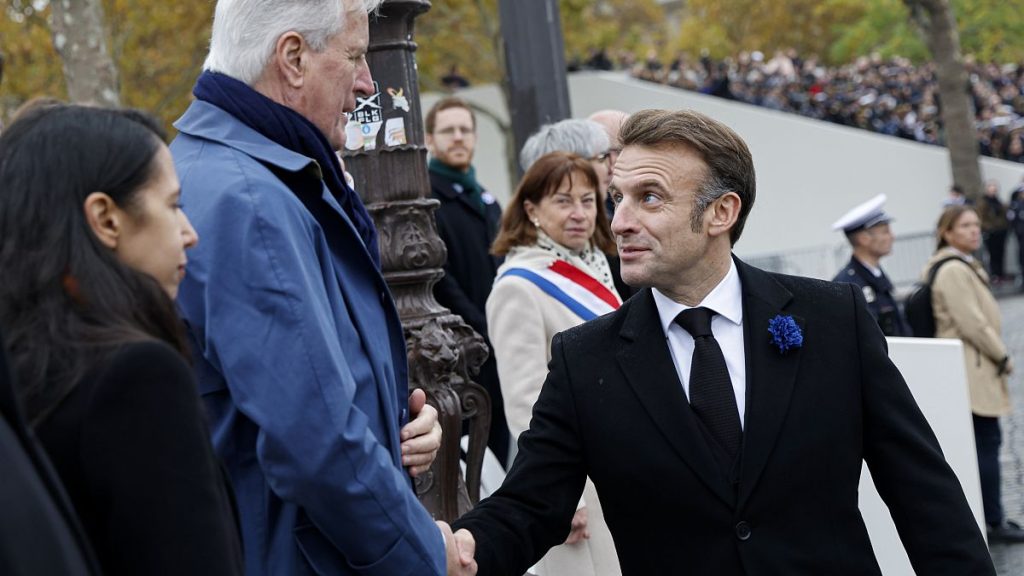The final meeting of outgoing French Prime Minister Michel Barnier’s cabinet marked a significant moment in French politics, as it sets the stage for a transition of power and addresses critical budgetary matters. The cabinet’s primary focus during this last gathering was the formulation of a “special bill” aimed at ensuring the continuity of government operations into 2025. This proposed legislation addresses crucial budgetary decisions for 2024, essentially acting as a bridge until the formal budget for the year is approved. The bill’s importance lies in its preventative nature, designed to avert a potential government “shutdown” by authorizing the continuation of existing tax and duty collection until the finance law for the year is voted upon and passed. This interim measure underscores the government’s commitment to maintaining stability and avoiding any disruption to public services during the transition period.
The urgency of the “special bill” is amplified by the impending appointment of a new prime minister. While President Emmanuel Macron had previously indicated a Thursday deadline for announcing Barnier’s successor, government spokesperson Maud Bregeon refrained from confirming the specific timeline. This ambiguity surrounding the appointment process highlights the weight of the decision, as Macron seeks a candidate who can ensure stability and effectively navigate the complexities of the French political landscape. The President’s emphasis on stability suggests a careful and deliberate selection process, prioritizing a successor capable of maintaining a smooth transition and effectively addressing the nation’s challenges.
The “special bill” itself serves as a testament to the outgoing government’s commitment to responsible governance. By addressing the potential budgetary gap for 2024, the Barnier administration aims to leave a stable foundation for its successor. The bill’s design, allowing for the continued collection of taxes and duties, ensures that essential government functions and services can be maintained without interruption. This proactive approach to budgetary management aims to mitigate any potential financial instability during the transition period and provides the incoming administration with a solid starting point.
Beyond the immediate focus on the budget and transition of power, the cabinet meeting also addressed broader international concerns, specifically the evolving situation in Syria. Foreign Affairs Minister Jean-Noël Barrot highlighted the significant transformations occurring within the region, emphasizing the necessity of a peaceful transition. This concern underscores France’s commitment to regional stability and its awareness of the potential for further conflict in Syria. Furthermore, Barrot stressed the importance of mitigating the risk of extremism, recognizing the potential for instability to create fertile ground for radical ideologies.
The simultaneous focus on domestic budgetary matters and international concerns demonstrates the multifaceted nature of governance. While the “special bill” addresses immediate and practical needs within France, the discussion on Syria reflects the nation’s broader engagement with global issues. The outgoing government’s attention to both domestic and international affairs underscores its commitment to responsible governance on multiple fronts, leaving a legacy of stability and engagement for the incoming administration.
The final cabinet meeting under Prime Minister Barnier’s leadership thus serves as a bridge between administrations, addressing critical budgetary needs and highlighting important international concerns. The “special bill,” designed to ensure the continuity of government operations, reflects a commitment to responsible governance and a proactive approach to preventing potential disruptions. Coupled with the discussion on Syria, the meeting demonstrates a comprehensive approach to governance, encompassing both domestic and international priorities. This multifaceted approach sets the stage for a smooth transition of power and provides the incoming prime minister with a stable foundation upon which to build their own agenda.










